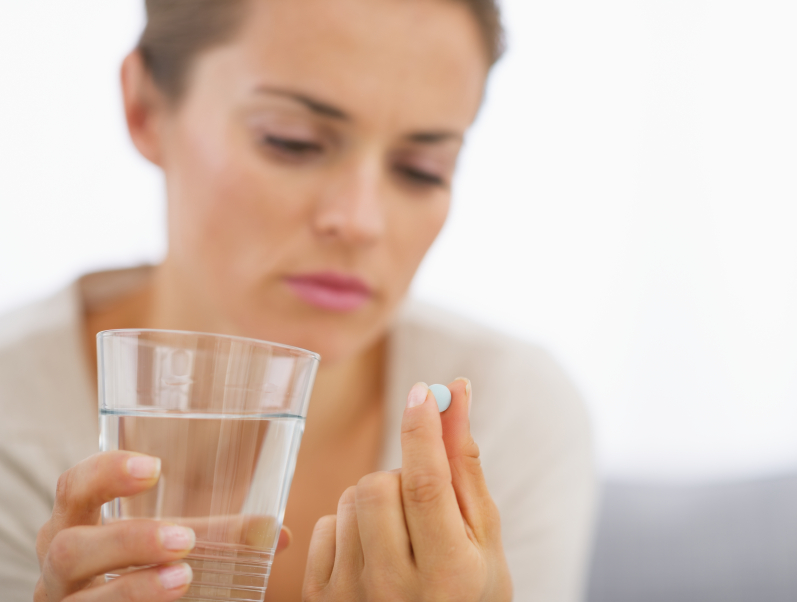How do medicines affect how my eyes feel?

Add one more side effect to worry about when taking medicines: dry eyes. What are the most common culprits?
Antidepressants
Commonly used antidepressants like Lexapro, Prozac, Paxil, and Zoloft can often increase symptoms of dry eye syndrome (DES).
HRT
The introduction of Hormone Replacement Therapy (HRT) has made tremendous improvements in the lives of postmenopausal women. One unfortunate side effect is an increased incidence of DES. Women tend to have a significant decrease of tear production around their 50’s due to menopause. Multiple studies have concluded that DES is often made even worse by the use of HRT.
Diuretics
Many patients with elevated blood pressure are treated with a medication aimed at reducing the amount of fluid in your body by increasing urinary frequency. While this provides a benefit for elevated blood pressure, these types of medicines (like HCTZ and others) often create low tear volume, and subsequently, symptoms of dry eyes.
Antihistamines
Similar to the way that diuretics remove fluid from the body by excretion, antihistamines reduce fluid in the body by blocking the effects of histamine in the body. This is why common antihistamines like Benadryl, Allegra, Claritin, and others are used during the allergy season to help with a runny nose. So when these medicines dry up your sniffles, they also dry up your tears.
Eye drops
Yes, it’s true. Some eye drops can actually make your eyes feel worse. Your tear film is a very delicate balance of 3 specific components that create the right environment for eye comfort. When other liquids or chemicals are introduced to the mix, this balance gets thrown off. Prescription medications that treat glaucoma can sometimes create irritation on the ocular surface. Even some over-the-counter medicines like Visine, Clear Eyes, or allergy eye drops can create the same problems.